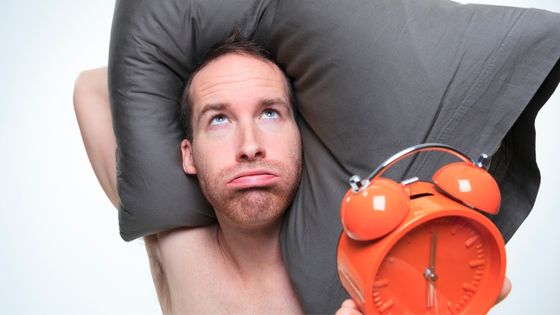Besides being an excellent choice for several other health benefits, CBDA also helps with sleep problems. Research shows that this herb is particularly effective at calming the central nervous system and reducing inflammation. It may also interact with serotonin receptors in the brain. This means that it is a safe alternative to prescription and over-the-counter medications. Whether you have a circadian rhythm disorder, insomnia, or want to relax, you should try CBDA, like CBDA oil, to help you get better sleep. CBDA can improve the quality of your sleep, decrease anxiety, and reduce the symptoms of insomnia.
Reduces Inflammation
Even though marijuana and CBD are both well-known for their calming effects on the central nervous system, it’s still unclear if they can reduce inflammation in the body. It’s also unknown whether CBD is effective in treating anxiety or pain. However, many healthcare workers are using CBD to help with sleep problems.
Sleep is vital to the body and mind, and healthcare workers have found that CBD can effectively alleviate both. Healthcare workers are often on their feet all day, which causes inflammation. In addition, CBD can be effective in alleviating pain, and it may also help relieve anxiety. Researchers are currently examining the effects of CBD on stress and sleep. They hope this study will help them better understand CBD’s impact on sleep.
Reduces Anxiety
Getting enough sleep is essential to good health. Insufficient sleep can contribute to stress, anxiety, and poor daytime performance. Fortunately, CBD may be able to help.
CBD is a naturally occurring chemical found in cannabis plants. It interacts with the body’s endocannabinoid system, which controls many functions. It also has a role in the body’s circadian rhythm. As a result, it has been hailed as a possible natural remedy for various ailments, including pain and anxiety.
It has been shown that CBD has anxiolytic properties, as well as an increase in total sleep time. It can also improve sleep quality by moderating cortisol levels. In addition, it may help alleviate stress-induced insomnia, a common side effect of anxiety.
There is also some evidence that CBD can boost the brain’s production of serotonin. Serotonin is an important hormone that promotes feelings of happiness and well-being.
The National Sleep Foundation reports that one in five Americans have insomnia. This sleep disorder is a significant health problem, affecting up to 70 million people in the U.S. A new pilot study is underway on the benefits of using CBD and THC in insomnia patients. The results will give researchers and health practitioners an idea of whether CBD may be a promising alternative to traditional treatments.
It May Improve the Quality of Sleep for People With Circadian Rhythm Disorders
Several factors can affect a person’s circadian rhythm. For instance, light exposure is crucial to how the circadian system functions. When the body is exposed to light, the pineal gland releases melatonin. It is this melatonin that aids the body in staying awake.
People with circadian rhythm disorder can have difficulty waking up and staying asleep. They may also have trouble functioning at work and during social activities.
This disorder is believed to arise from a mismatch between the body’s internal clock and the external 24-hour day. It is believed to be caused by biological factors or a disruption of the body’s timing system. Fortunately, treatment options are available.
There are several types of circadian rhythm sleep disorders. Delayed sleep phase disorder is the most common type. This disorder is characterized by sleep onset several hours later than desired. In addition, this type of disorder is often accompanied by sleepiness during the daytime.
Another type of CRSD is the non-24-hour sleep-wake syndrome. This disorder is characterized by a delayed sleep onset time, which causes the person to feel tired at night and daytime. It is most common in people who are blind or visually impaired.
CRSD can be challenging to diagnose. A healthcare provider will evaluate the patient’s sleep and waking patterns over days or weeks. If the design of rest and waking is abnormal, the healthcare provider will refer the patient to a sleep specialist. They may use an actigraph, a wristwatch-like device that records sleep activity.




















